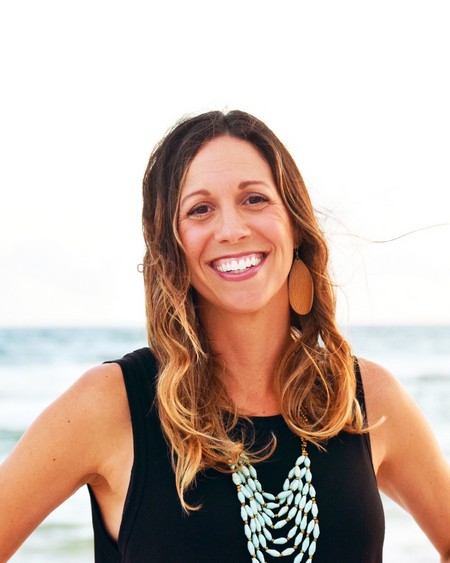By Stephenie Craig, LCSW

Ever find yourself wishing you could crawl into a hole after you’ve made a mistake or failed? Or maybe your spouse or child made a poor choice and you feel ashamed?
Shame is incredibly powerful and will invite you to keep secrets, hide, and to feel less than. Shame also encourages you to shame others to avoid dealing with your emotional pain. The helpful news is everyone fails and makes mistakes because mistakes are part of being human. Sometimes mistakes are small like missing an appointment. Other times mistakes are big, destructive, and damage opportunities and relationships. Regardless of the size, realizing you or someone you love has made a mistake can be difficult to navigate emotionally.
Mistake shame will often trick you into believing you should define yourself by your worst moments. “Only a bad person would do what I did.” “Only someone who doesn’t care about their family would do what I did.” However, creating a healthy framework for navigating mistakes and failure can transform your most difficult moments into deep opportunities for growth and flourishing. So, how do you get from failure shame to flourishing?
5 Healthy Steps for Navigating Failure and Mistakes
- Approach each day with humility. Remember daily you are human and likely to make mistakes. Set reasonable expectations for yourself, strive to make wise decisions and remind yourself that mistakes may happen.
- Honestly identify and take responsibility for mistakes when they happen. Watch for a tendency to avoid owning mistakes and blaming others to make yourself more emotionally comfortable. It’s okay to just say, “I really messed that up. I’m human. Everyone makes mistakes. Now I’m going to take the necessary steps to make it right if possible.”
- Tell those involved about the mistake. Hiding failure and mistakes breeds shame and results in lies and broken trust. It’s better to tell people you messed up. Apologize when appropriate. Then determine action steps to correct the issue. “I was supposed to have my part of the project done today. I’m sorry I didn’t follow through on time. I’m going to cancel my other plans today and get my part of the project to you by the end of the day. I will also take responsibility with our boss if we turn in the project late.”
- Extend grace to yourself. Watch for shame messages that will invite you to judge yourself harshly. “I can’t believe you did that. You’re so irresponsible.” “No one will ever trust you because you screw up everything.” “Everyone is going to know what you did and it’s all people will remember about you.” Instead, create a gracious mantra you can repeat to yourself each time you fail or make a mistake. “I messed up. Everyone messes up because we are human. I’m a loving, responsible person. I will take responsibility and action to fix my mistake. I will learn from this going forward and become a wiser person.”
- Reflect on what happened to increase wisdom. After you have moved through being honest and taking responsibility for your mistake, take time to reflect on the situation. Where did you go wrong? Were there decisions you made that led up to the failure that you could change in the future? What valuable lessons did you learn from the mistake? What did you learn about yourself in the process? Is there a pattern to the mistakes you’re making? Is there deeper personal work that needs to be done so you can learn from what happened? Internalize the answers to these questions and incorporate them into daily life to avoid making the same mistakes moving forward.
Failure and mistakes are inevitable. Even the most careful, responsible people make mistakes often. Remember, mistakes do not define your identity or the identity of others. Extend grace to yourself and those around you with the healthy knowledge that your most recent failure might be the catalyst for the most significant growth of your life.
When sorting through failure and mistakes, sometimes it helps to have professional support. Journey Bravely currently has adult, teen, and couples coaching sessions available to help you navigate life’s challenges. Connect with us at journeybravely.com.
Stephenie Craig is a Licensed Clinical Social Worker/Therapist of 18 years, specializing in emotional/relational health. She loves hearing others’ stories and helping people find new perspective that produces peace, healing, and connection through counseling. Stephenie provides treatment for adults, teenagers, couples, and families with anxiety symptoms, parenting struggles, teen issues, depression, grief, divorce, and other life transitions. Connect with Stephenie at Journeybravely.com.
The post Journey Bravely: You Are NOT Your Mistakes appeared first on South Walton Life | 30A News, Events and Community Information.

Be the first to comment on "Journey Bravely: You Are NOT Your Mistakes"